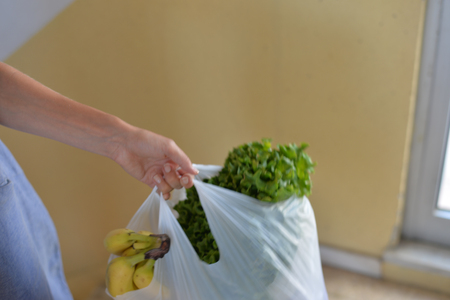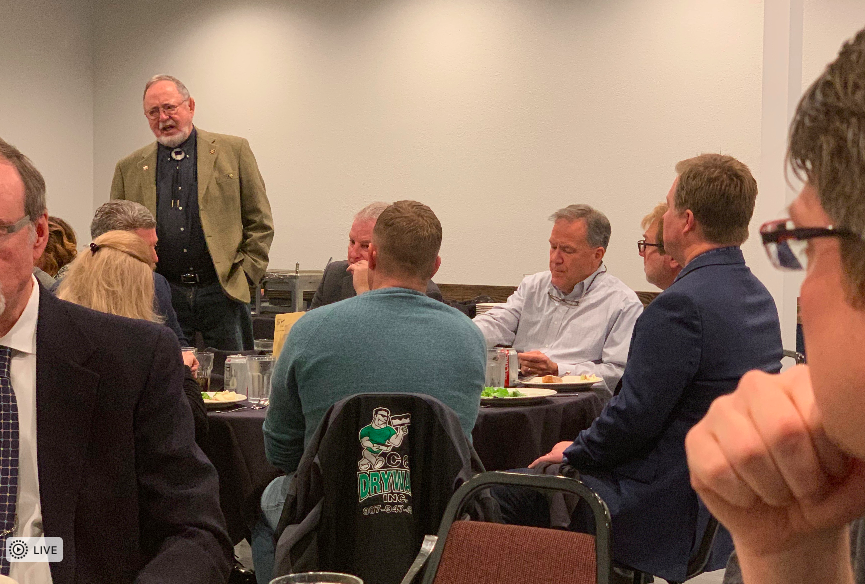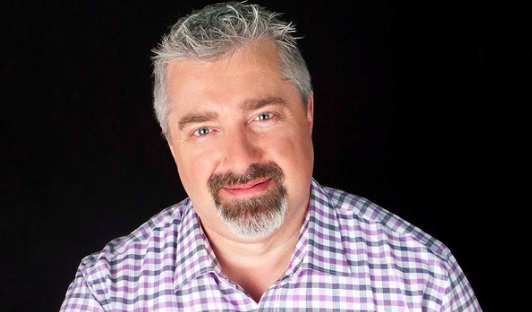The Alaska Federation of Natives’ annual convention in Fairbanks next Thursday through Saturday is shaping up for 72 hours of bashing of the Dunleavy Administration, with a brief time allotted for the governor himself to speak.
The theme for the conference is “Good Governance, Alaskan Driven,” and is focused on “the basic necessity of sound, fact-based government policy amidst Alaska’s current fiscal challenges.”
AFN isn’t saying it would prefer the last Administration of Gov. Bill Walker and Lt. Gov. Byron Mallott, but its agenda shows it clearly disapproves of this governor.
This year’s lineup is infused with opportunity to critique the Dunleavy Administration, now in its 11th month and facing yet another budget deficit.
Last year, the AFN convention was held in Anchorage, as it is during major election years. The convention was a meltdown of the Walker Administration, as Lt. Gov. Byron Mallott was forced to resign from office over his still-untold, but much-discussed bad behavior toward a young lady. During the convention last year, Gov. Walker announced his decision to end his bid for re-election, and he threw his endorsement to Mark Begich, the Democrat in the race.
Last year’s agenda theme was “Past, Present, and Future,” and it was upbeat, at least until the collapse of the Walker Administration began.
But there’s no looking to the past this year. It’s on to the theme of what constitutes “Good Governance” in the present.
And it’s likely to include an appearance by the radical faction, Defend the Sacred.
Gov. Dunleavy will be one of the first speakers of the convention. He’ll be at the microphone at 9 am on Oct. 17, and he’s been given 15 minutes for his address.
Following him, House Speaker Bryce Edgmon will have 20 minutes to share his views from a rural Alaska perspective.
On Thursday morning, the theme of good governance will be introduced in a session that targets the Dunleavy Administration and how it “tested the bounds of this principle”:
“‘Good government’ refers to how well the state’s meeting the needs of Alaskans. In 2019, the Dunleavy Administration tested the bounds of this principle. By example, the governor’s budget and vetoes eliminated (or encumbered) the state’s obligation to provide several constitutionally mandated services. #GoodGovernment requires Alaskans—particularly Alaska Natives—to assess the quality of state government in 2020.”
The panel will include April Ferguson, Executive Vice President and General Counsel, Bristol Bay Native Corporation and AFN Board Member; and Greg Razo, Vice President of Government Relations, Cook Inlet Region, Inc. and AFN Board Member. His corporation has taken a position as a leader in the Recall Dunleavy movement.
Later that morning, a second panel on the topic of “Good Governance” will take aim at those not born in Alaska:
“Alaskans, as opposed to outside special interest groups, should be the ones driving state policy. Early Native leaders like those of the Alaska Native Brotherhood and Sisterhood, William Paul, and Elizabeth and Roy Peratrovich understood this, and led the fight to secure basic rights guaranteed to all Alaskans. This panel discusses why Alaskans—particularly Alaska Natives—must fight for strong, credible solutions that force the state to once again work with and for the people.”
It will be moderated by Nicole Borromeo, executive vice president and general counsel of AFN. Panelists are born-and-raised Alaskans, Senate President Cathy Giessel, House Speaker Bryce Edgmon, and former Alaska State Senators and AFN Board members Georgianna Lincoln and Albert Kookesh.
Thursday will also feature panels on public safety and violence against women, two serious topics for all Alaskans, rural and urban. The focus will be the lack of public safety in rural Alaska.
On Friday, one of the leaders in the Recall Dunleavy movement will give a special report. Sophie Minich, President and CEO, Cook Inlet Region, Inc., will speak on the topic of “Taking a Stand.” Minich has signed the CIRI Native Corporation up as a leader in the anti-Dunleavy sector.
Much of Friday will be devoted to the topic of the State of Alaska’s constitutional responsibility to provide education, health care, and welfare to the citizens of the state. Panelists will discuss how they see the Dunleavy Administration’s approach to cutting state spending.
All there members of Alaska’s congressional delegation will be given time to speak.
[Read the entire agenda at this link]
The AFN Convention will take place Oct. 17-19, 2019 at the Carlson Center in Fairbanks. Live television coverage is available on GCI Cable, 360 North, and ARCS, as well as a live webcast on AFN’s newly upgraded website.









